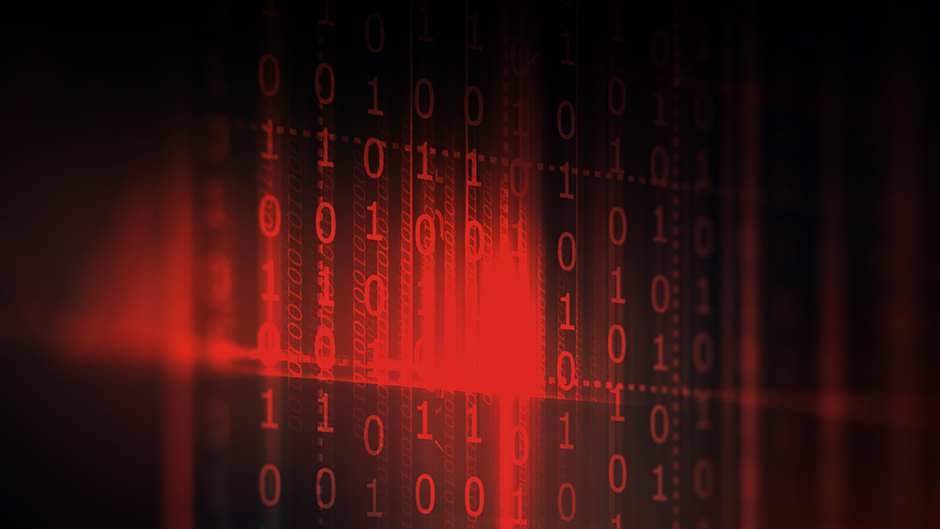
Publikation
Legalseas
Our shipping law insights provide legal and market commentary, addressing the key questions and topics of interest to our clients operating in the shipping industry, helping them to effectively manage risk.


Global | Publikation | November 2016
There is much excitement globally about smart contracts and distributed ledger technologies that support them. Properly funded technology vendors and consortia have emerged which are now able to give tangible expression to that sense of excitement in the form of new and innovative smart contract and distributed ledger products and services.
It has become apparent to us, however, that when industry stakeholders (both buyers of the new technologies and vendors) speak of smart contracts, they can mean very different things. As any contracts lawyer will tell you, words matter. Consistency of language is vital if clear lines of communication are to be achieved in a rapidly evolving industry. What do we mean by a smart contract? Is it smart? Is it a contract? Do lawyers and technologists understand each other when they use these terms?
Recognising the imperative for clarity on these issues, R3 and Norton Rose Fulbright offer this White Paper as a step forward in forging a consensus of understanding between industry stakeholders, lawyers and technologists in relation to smart contracts.
The White Paper considers whether a smart contract can constitute a legally binding contract under the law of a number of key jurisdictions. It also examines the practicalities of enforceability and provides some suggestions for dispute resolution within a smart contract context.
After registering, the FinTech hub can be found in the ‘Knowledge hubs’ dropdown menu.

Publikation
Our shipping law insights provide legal and market commentary, addressing the key questions and topics of interest to our clients operating in the shipping industry, helping them to effectively manage risk.
Blog
Cheat-Software ist für Spielehersteller seit Langem ein Ärgernis. Doch stellt sie auch eine Urheberrechtsverletzung dar? In einer wegweisenden Entscheidung vom 31. Juli 2025 hat der Bundesgerichtshof (BGH) entschieden, dass Cheat-Tools, die lediglich In-Game-Variablen im RAM manipulieren – ohne den Programmcode zu verändern – nicht gegen das Softwareurheberrecht nach EU-Recht verstoßen.
Blog
Cheat software has long been a thorn in the side of game publishers. But does it also constitute a copyright infringement? In a landmark decision, issued on 31 July 2025, the German Federal Court of Justice (BGH) ruled that cheat tools that merely manipulate in-game variables in RAM - without altering the program code - do not violate software copyright under EU law.
Subscribe and stay up to date with the latest legal news, information and events . . .
© Norton Rose Fulbright LLP 2025